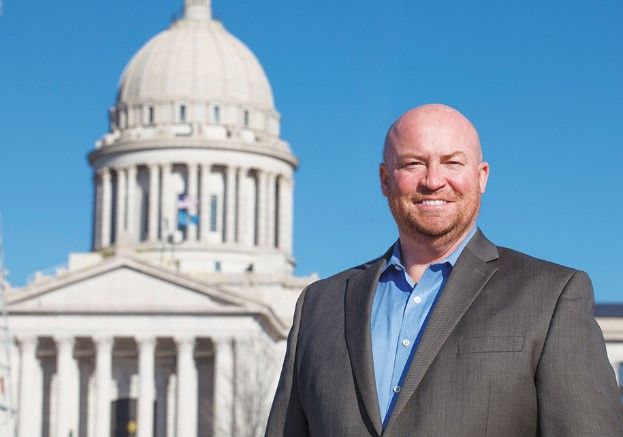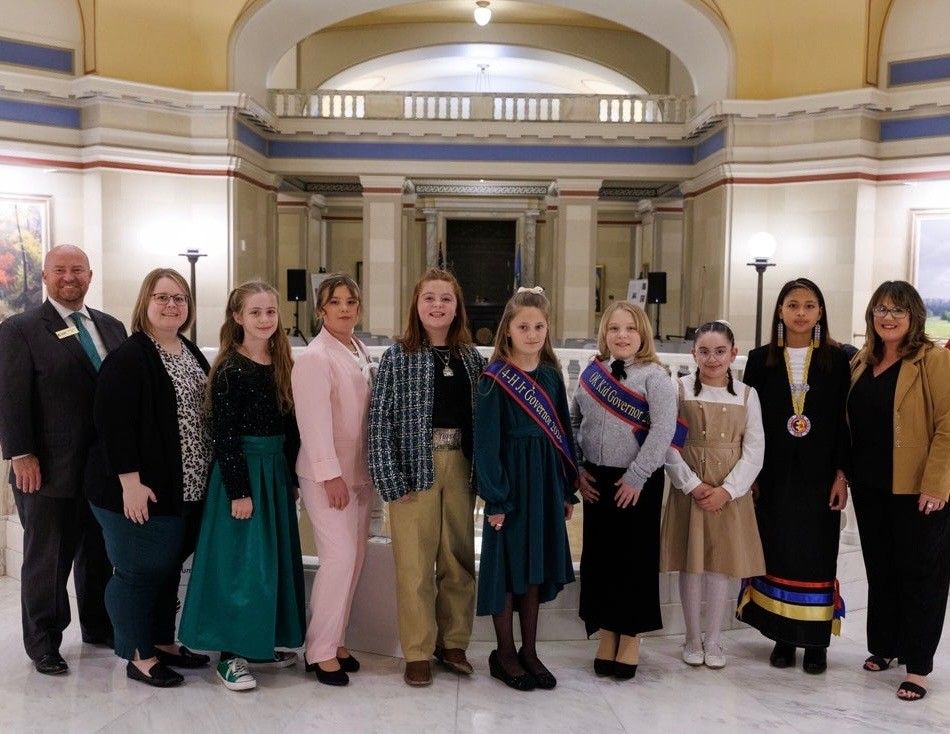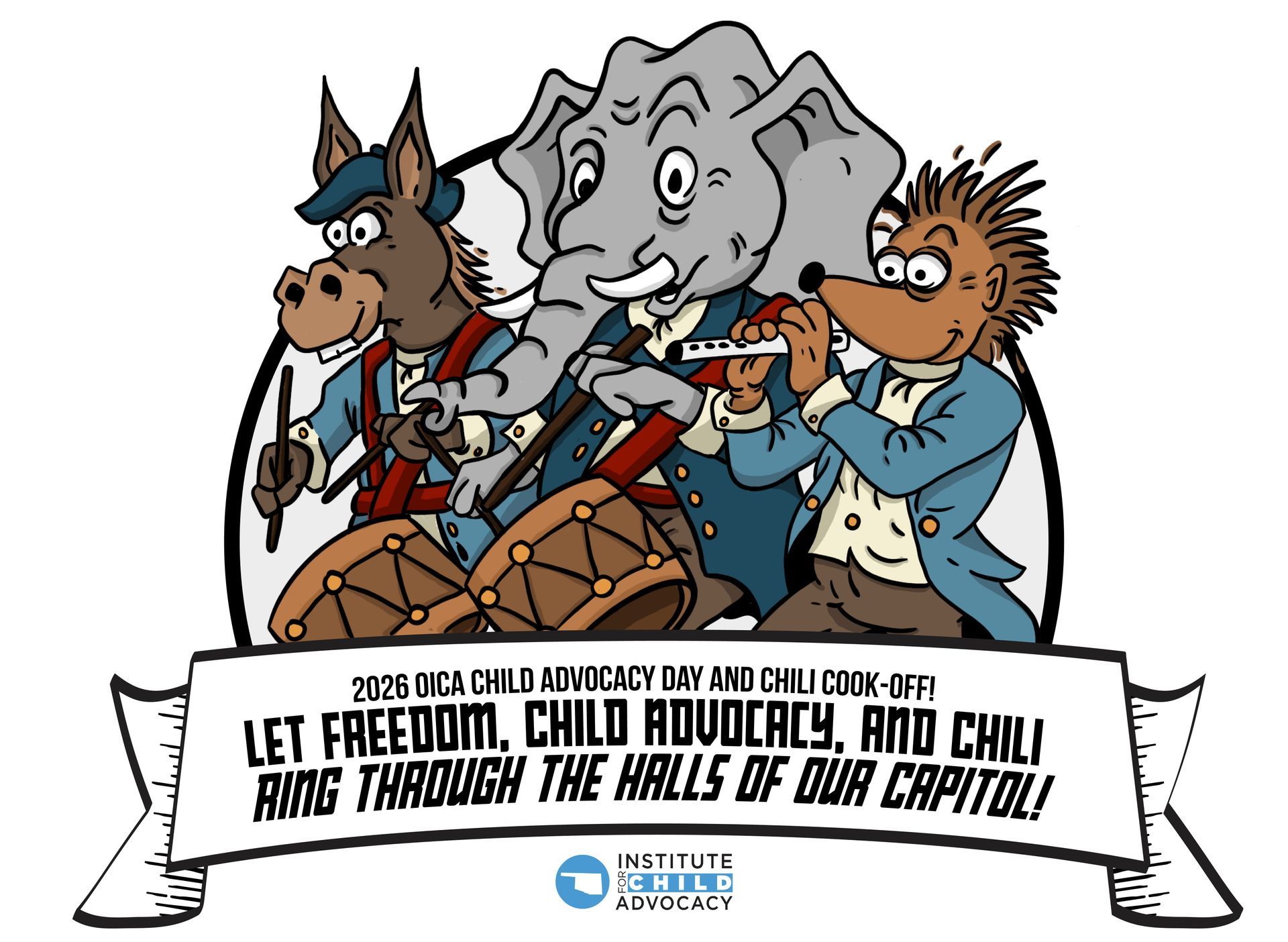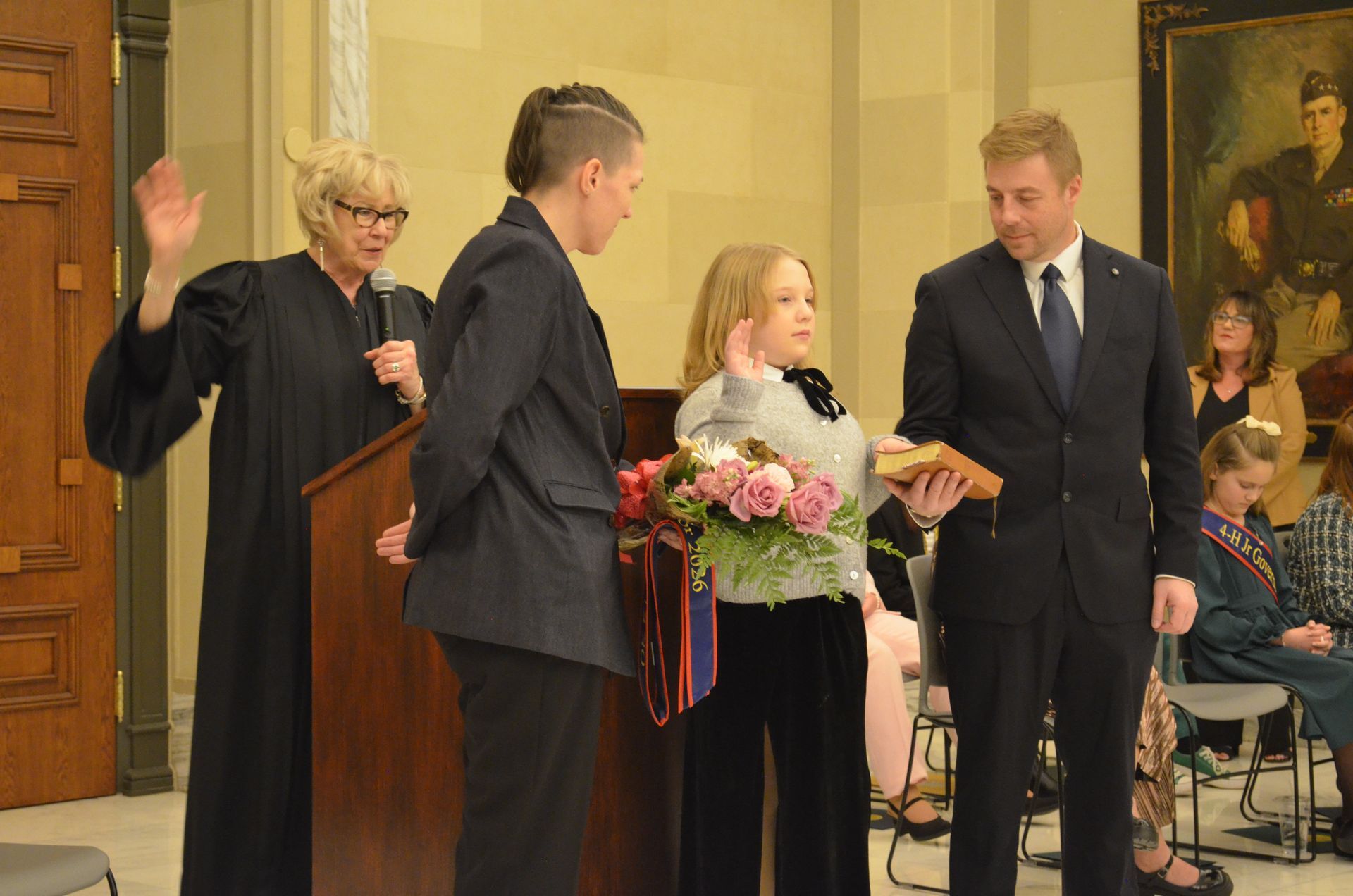Child Protection Courts, Other Reforms, Studied by Lawmakers
Recently, Rep. Danny Williams, R-Seminole, along with Reps. Colin Duel-R, Guthrie; Gabe Woolley, R-Broken Arrow; Molly Jenkins, R-Coyle; and Stacy Jo Adams, R-Duncan, hosted an interim study on a unified statewide family court system to help improve outcomes for Oklahoma children in deprived cases.
The study brought together advocates and judges to discuss specialized courts which would allow for attorneys and judges to have an increased level of expertise in both laws and best practices in determining rulings that would ultimately best benefit the children involved in cases.
Removing a child from a home is a very traumatizing event, both for the young one and the parents. Many families struggle to afford a legal defense in making the case for why they should be able to keep their child rather than being sent to foster care or another avenue.
Efforts were made a few years ago to implement a standard for “high quality legal representation” (HQLR) to help attorneys be able to afford to take on cases which would help lead to quicker reunification for families. The Oklahoma Office of Family Representation (OFR) reported that just a few years into implementation, HQLR now covers about half the counties in the state and nearly two-thirds by year end. The goal, if funding is provided by the state, is to have this in all counties by the end of 2026.
The study also allowed lawmakers to hear from three judges, two from Oklahoma and one from Texas, on disparities in Oklahoma’s family court system. Specialized courts, like those operating in Texas and other states, could better serve children and families in the state’s care.
Among the models reviewed was the Texas Child Protection Courts (CPCs), which are dedicated solely to handling Child Protective Services cases. CPC judges undergo specialized training in foster care, youth trauma, and CPS procedures, allowing them to manage caseloads more effectively. This is like other court systems already in Oklahoma handling drug cases, veterans’ issues, and most recently, proposed business courts.
Texas began with four CPCs funded through a federal grant; it now operates 31 courts managing more than half of the state’s CPS dockets and are funded by the Texas Legislature. CPC judges are appointed by regional presiding judges and serve as either associated judges or former judges. Their decisions are subject to appeal by elected judges, ensuring a fresh look at each case.
While this has increased the number of judges practicing law in a specialized area, Texas has found this has significantly decreased costs associated with multiple hearings by judges who are not specialized in this area, along with reducing the human cost of dealing with long-term trauma for children who are forced into the foster care system for extended periods of time.
“By having judges who specialize in family and child welfare cases, we can make sure these matters are heard by someone who truly understands the system and the trauma many of these children have faced,” said Representative Williams. “We owe it to these children to build a court system that works for them."
Additionally, Reps. Mark Tedford, R-Jenks, and Erick Harris, R-Edmond, will hold a conversation about parental equity in divorce proceedings. We have equally high hopes this study will lead to a reduction in drawn-out, expensive divorce and custody lawsuits which cause disruption in the lives of children. This study will be held on October 21 and is open to the public.
The Oklahoma Institute for Child Advocacy (OICA) is very appreciative to the lawmakers for holding studies over this topic, along with OFR Director Gwendolyn Clegg, Associate District Judge Brett Butner, retired Associate District Judge Doris Fransein, and Texas Associate District Judge Robert Hofmann for presenting. Conversation about the issue is the first step in addressing the problems experienced in this area, and we believe this was a significant step forward.










